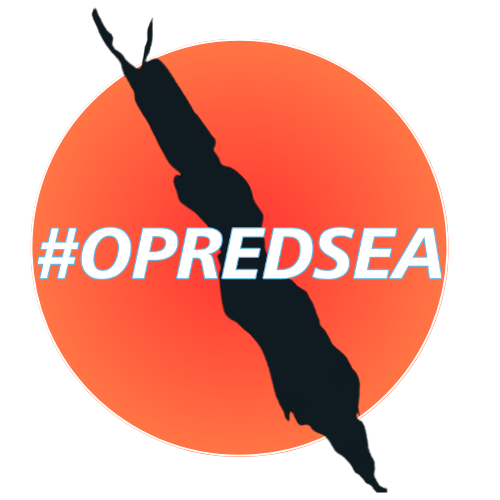The Issues
“Nature does not respect human set boundaries, nor do climate change and pollution.”
Despite their significant economic and recreational value, coral reefs face severe threats from pollution, disease, and habitat destruction. Damaged reefs are less capable of supporting the diverse marine life and nearby communities. A decline in the reef's biodiversity also reduces its appeal as a tourist destination, impacting the tourism industry and professional divers active in exploration and training sectors who depend on this income stream.
However, we have failed to protect our coral reef ecosystems effectively. Underwater biodiversity and biomass continue to decline despite various pledges and declarations to safeguard them. A significant reason for this failure is that professional divers lack the necessary equipment, training, support, cooperation and financial resources to combat these losses.
In the Southern Red Sea, climate change is the primary driver of biodiversity loss, with heat stress destroying hundreds of square kilometers of reefs. In the Northern Red Sea, unsustainable shoreline, agglomeration and industrial development has led to the destruction of hundreds of kilometers of fringing reefs, making way for man-made beaches plagued by erosion and sedimentation issues, which smother the Red Sea's nurseries; not to mention the pollution stemming from the agglomerations, desalination plants and high maritime traffic to and from the Suez Canal.
Another general issue is the lack in cooperation, sharing of knowledge and resources between Red Sea countries and their respective scientific, educational and enforcement agencies. While most individual countries lack the basic aforementioned resources to be well equipped, trained and knowledgeable.



